Colorado’s Prop 95 Offers a Common-Sense Path Forward
Across the country, dozens of cities and several states have adopted sanctuary policies that restrict cooperation with federal immigration authorities. From New York to San Francisco, Denver to Seattle, these jurisdictions refuse to notify ICE when releasing individuals with serious criminal histories.
Many of these same cities consistently rank among the highest in violent crime and public safety breakdowns. When local governments shield offenders from federal accountability, they don’t just defy immigration law; they create dangerous gaps that criminal networks exploit, leaving families and law enforcement exposed.
In Chicago, local police are barred from assisting ICE, even in cases involving gang activity or sex crimes. Mayor Brandon Johnson recently reinforced these restrictions, rejecting proposals to allow cooperation in violent cases. The result? Dangerous individuals are released into neighborhoods with no federal coordination.
Colorado has followed a similar path. In recent years laws like HB19-1124, HB21-1317, HB23-1100, and SB25-276 have stripped law enforcement of the ability to notify or assist federal immigration authorities—even when dealing with repeat felons. These policies shield offenders and deepen Colorado’s public safety crisis.
Aurora, Colorado offers a chilling example. A recent raid uncovered a violent criminal network tied to Tren de Aragua, a transnational gang. Many suspects were in the country illegally. Without federal-local cooperation, dismantling such operations would be nearly impossible.
That’s why Proposition 95 matters. This newly introduced amendment would require law enforcement to notify DHS when someone charged with a violent crime or any crime with a prior felony is suspected of being in our country illegally. It’s a targeted, common-sense fix to restore accountability and close dangerous gaps.
Sanctuary policies must be reexamined, and Colorado’s Prop 95 offers a blueprint for restoring public safety.
Let’s put common sense in public safety first.



